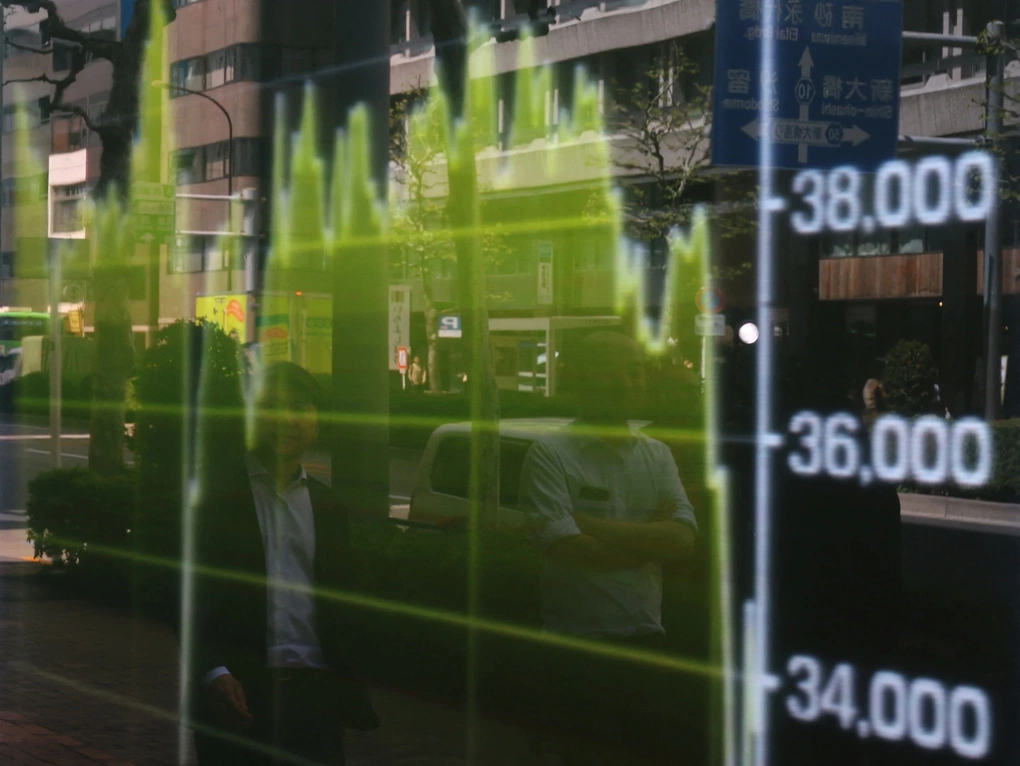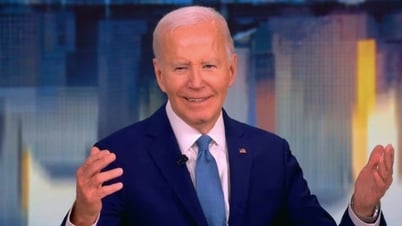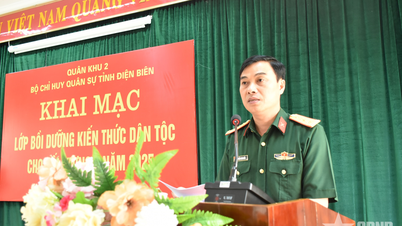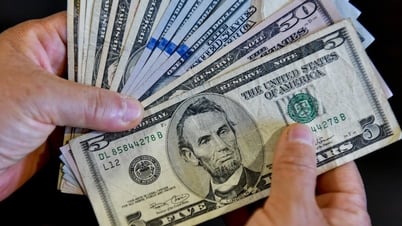At the opening of the trading session on May 12, all three major US stock indexes increased sharply. Of which, the Dow Jones index increased by more than 1,000 points, the S&P 500 index and Nasdaq Composite increased by 2.9% and 3.9%, respectively.
US stocks rose on news that trade tensions with China had eased. US Treasury Secretary Scott Bessent and US Trade Representative Jamieson Greer announced that the US and China had reached an agreement to suspend tariffs for 90 days.
In addition, the reciprocal import tariffs of both countries will simultaneously decrease by 115 basis points. Accordingly, the US will temporarily reduce import tariffs on Chinese goods from 145% to 30%. Meanwhile, China will also reduce from 125% to 10%.
Notably, technology and semiconductor stocks recorded strong growth. Chip companies Nvidia, AMD, Broadcom and Qualcomm are currently up 4-5.5%. Previously, this group was strongly affected by the US import tax policy.

Global stock markets are up after the tariff agreement (Photo: Reuters).
Asian stock markets also rose after US and Chinese officials reached an agreement in trade talks, raising hopes that the two sides will overcome the impasse that has rocked global markets in recent times.
In the Tokyo market (Japan), the Nikkei 225 index increased 0.4% to 37,644.26 points. In South Korea, the Kospi index also increased 1.17% to 2,607.33 points, while the Kosdaq index increased slightly by 0.4% to 725.40 points.
In China, Hong Kong's Hang Seng Index rose 3% to 23,549.46 points, while the Shanghai Composite Index rose 0.8% to 3,369.24 points. A series of large stocks recorded strong gains. Leading the way were Alibaba, up 6.7%, Tencent, up 4.7%, Xpeng, up 12%, Lenovo, up 11%, and BYD, up 7.5%.
"With the US and China clearly accelerating toward a larger deal, we expect the market and tech stocks to continue to rally. Investors will be closely watching the next developments in trade negotiations over the next few months," said Daniel Ives, director of research at Wedbush Securities, in a report.
Trade tensions escalated in early April when the US raised tariffs on all imports from China to 145%. Beijing responded with tariffs of 125% on US goods.
Last weekend, US and Chinese officials met in Switzerland to discuss trade. After the meeting, the US side said it had reached an agreement to reduce the trade deficit with China.
However, according to Reuters, most current and former advisers to President Trump believe that the US will face higher tariffs after trade negotiations end.
Source: https://dantri.com.vn/kinh-doanh/my-trung-quoc-bat-tay-giam-thue-chung-khoan-toan-cau-bung-no-20250513001451323.htm


![[Photo] Special flag-raising ceremony to celebrate the 135th birthday of President Ho Chi Minh](https://vphoto.vietnam.vn/thumb/1200x675/vietnam/resource/IMAGE/2025/5/19/1c5ec80249cc4ef3a5226e366e7e58f1)



![[Photo] Party and State leaders attend the special art program "You are Ho Chi Minh"](https://vphoto.vietnam.vn/thumb/1200x675/vietnam/resource/IMAGE/2025/5/18/6895913f94fd4c51aa4564ab14c3f250)
![[Photo] Party and State leaders visit President Ho Chi Minh's Mausoleum](https://vphoto.vietnam.vn/thumb/1200x675/vietnam/resource/IMAGE/2025/5/19/d7e02f242af84752902b22a7208674ac)


















































































Comment (0)